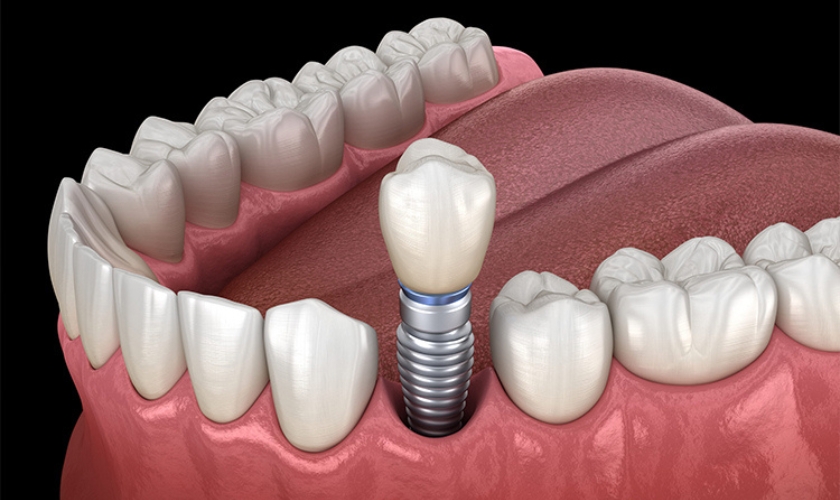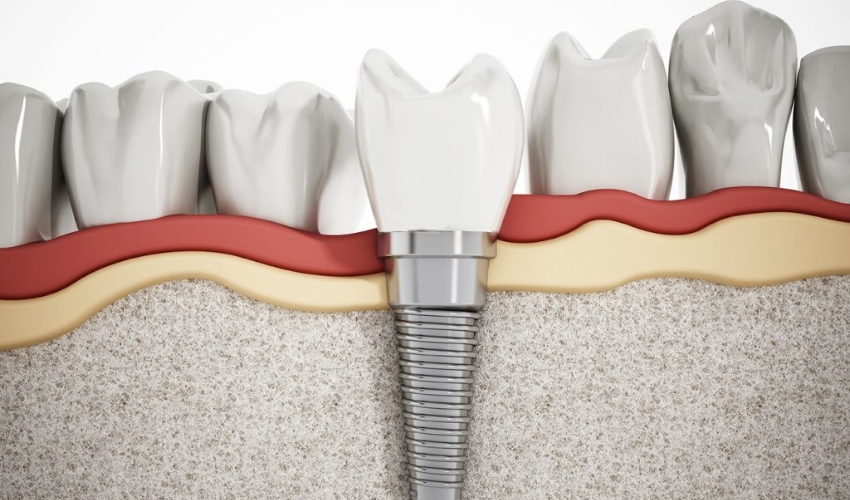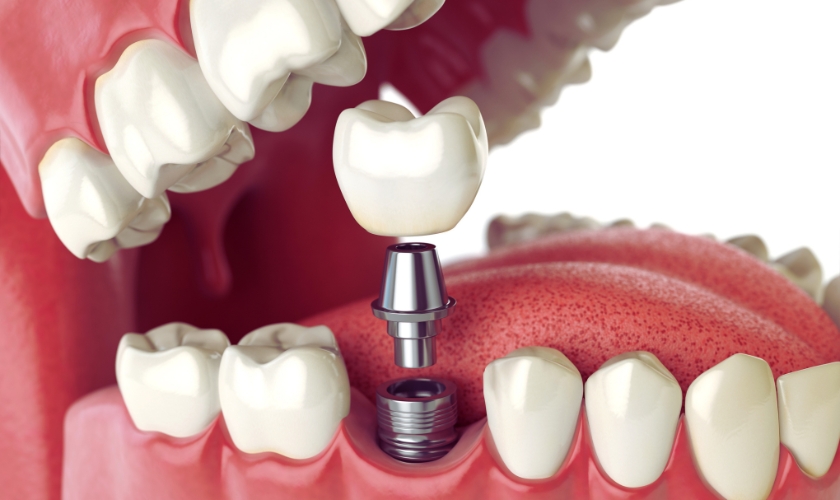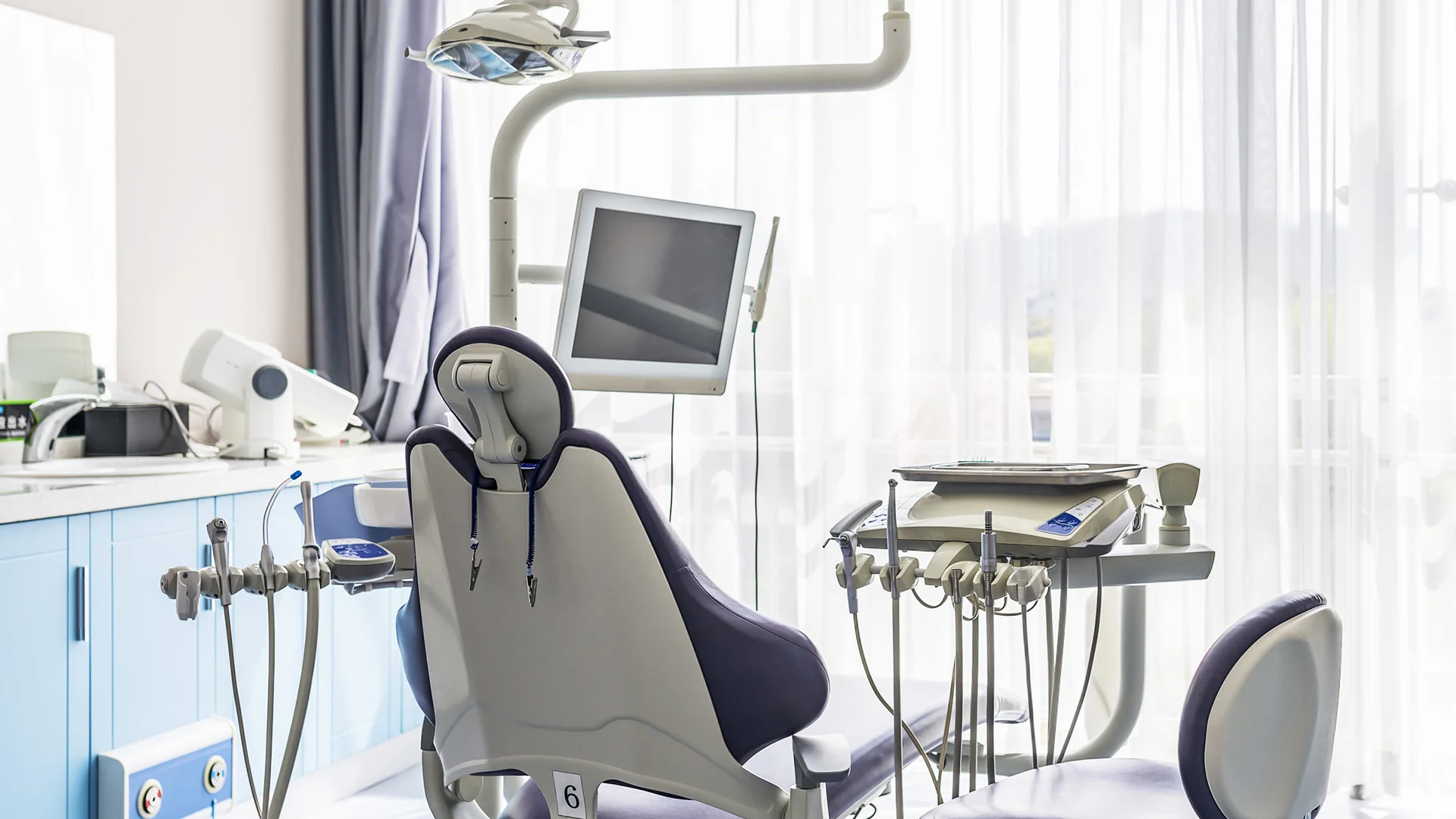
The idea of a new, fully functional smile is thrilling. No more obscuring your teeth in pictures or adapting around chewing problems! But come on—some type of surgical procedure, even dental implant surgery, has troubles in store. Most patients can sail through recovery with no problems and enjoy lasting results for years to come, but a few might experience a few complications. What kinds of complications can one expect? More importantly, how do you treat them before they become an issue? Let’s get started.
Common problems after dental implant surgery are:
1. Pain and Swelling
A small amount of pain is to be anticipated. Your body is repairing itself, and swelling is part of the process. But if the pain gets worse or swelling persists after a few days, it may be a sign of infection or another problem.
- Apply cold compresses to reduce swelling.
- Eat soft food and nothing extremely hot or spicy.
- Take pain medication or antibiotics as directed.
2. Infection Around the Implant
Infection could be due to bacteria entering the implant area and causing redness, pus, or a bad taste in the mouth. This infection is possible if regular oral hygiene, smoking, or certain medical conditions are involved.
- Practice normal oral hygiene, but brush carefully around the implant.
- Rinse with a dentist-approved antimicrobial mouthwash.
- Notify your dentist in case of recurring pain, swelling, or discharge.
3. Loosening or Failure of the Implant
A dental implant that is rightly positioned will become part of your jawbone over time, but occasionally, things don’t work out as planned. Failure can occur due to insufficient bone density, infection, or excessive pressure from grinding teeth.
- Don’t chew hard foods during the healing process.
- If you grind your teeth, a night guard may be necessary.
- Make regular follow-ups to monitor implant stability.
4. Nerve Damage
Damage to the nerves is infrequent but is possible if the implant is located too close to a nerve. Symptoms include numbness, tingling, or persistent pain on your lips, chin, or gums.
- Numbness that lasts should be reported to your dentist immediately.
- Be truthful concerning any unusual sensation so adjustments may be made before it becomes uncomfortable.
5. Sinus Trouble (For Upper Implants)
Upper jaw implants are near your sinus cavities. They may create sinus pressure, headaches, or infections if incorrectly placed.
- Notify your dentist if you have any abnormal sinus pain.
- If you have chronic sinus issues, bring this up before to prevent complications.
Risk Factors for Complications
Not everybody will have complications, but some factors can increase the risk.
- Poor oral hygiene – Bacterial buildup increases the risk of infection.
- Smoking – Delays healing and increases implant failure rates.
- Underlying medical conditions – Diabetes, osteoporosis, or immune system disorders can affect healing.
- Insufficient bone support – Thinning of the jawbones might not support implants.
- Non-compliance with post-op procedures – Disregard for aftercare protocols could result in complications.
How to Minimize the Risk of Complications After Dental Implant Surgery?
Nobody desires implant complications. This is how you can have a complication-free healing process:
- Comply with post-op care instructions.
- Routine dental check-ups to detect early signs of impending trouble.
- Practice good oral hygiene—soft brush and flossing are useful.
- Eat soft, nutritious foods to help healing.
- Do not smoke—Smoking is one of the most frequent causes of implant failure.
A dental implant surgery in San Antonio is an excellent method of restoring your smile, but, as with any procedure, there is room for risks. Although complications are unlikely to arise, understanding what to look out for means you are one step ahead if something does go wrong following dental implant surgery. A bit of extra caution in the healing phase can be the difference between failure and success in the long run.







